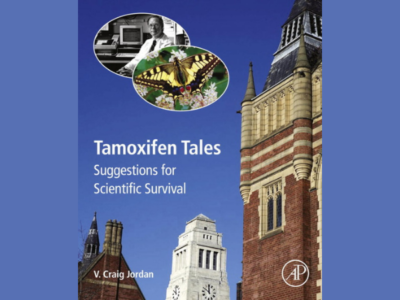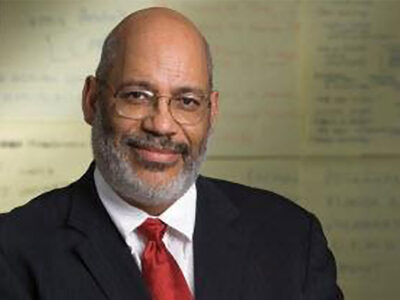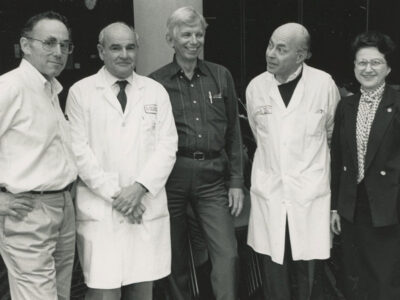We hoped that our city might be “the last place this ever happened.”
Before May 14, 2022, if you mentioned Buffalo, NY, my mind would have taken me back to the city I knew in the 1960s. I grew up there. I was a kid from the ‘hood whose grandmother instilled messages about living a life based on grace and humility from day one. I was a Head Start kid surrounded by people who believed in the power of providing possibility. I was a kid from the poor, Black neighborhood that bordered the poorer, Black neighborhood, but I was rich in the experiences that earned me an acceptance letter to the University of Notre Dame where I got the foundation I needed to go to medical school. It is Buffalo, however, where I got the foundation I needed for life.
Tuesday began a typical day in May in South Texas for me as executive director of the Mays Cancer Center. It was a lovely sunny day for late spring, and at our center we were focused, as we are each day, on the core mission we have had for almost 50 years—to decrease the burden of cancer in San Antonio, South Texas and beyond.
NCI has truncated the just-renewed five-year Cancer Center Support Grant held by Wake Forest Baptist Comprehensive Cancer Center as that institution undergoes a bumpy transition of leadership—in the midst of a challenging integration with Atrium Health Levine Cancer Institute.
In a letter addressed to FDA Commissioner Robert Califf, Republican leaders of the House Committee on Energy and Commerce and two of its subcommittees raised questions about the increasing number of clinical trials conducted in China by companies seeking FDA approval for “me-too” checkpoint inhibitor drugs.
In testimony before the House Labor HHS Appropriations Subcommittee May 26, cancer organizations recommended FY23 appropriations of $49 billion for NIH, $7.76 billion for NCI, and $426.6 million for the CDC’s Division of Cancer Prevention and Control.
One would get little quarrel with the hypothesis that the development of “targeted therapy” is one of the most substantial advances in cancer care and cancer research over the past 50 years.
This June, the Cancer History Project will be focusing on the stories of survivors. Today, we are highlighting a 1991 excerpt from the National Coalition for Cancer Survivorship’s quarterly publication, the NCCS Networker, with commentary by Lovell Jones, a researcher whose work focuses on health disparities.
Fox Chase Cancer Center used to be a place where Nobel laureates toiled. Now, people who love the place—and in oncology, many people do—are hoping that Jonathan Chernoff, Fox Chase’s new director, will restore vitality to the venerable Philadelphia-based cancer center.
The Institute for Cancer Research (ICR) was and is a hotbed for basic and translational discovery. Initially a standalone institute, the ICR is currently the main science engine for the Fox Chase Cancer Center.















